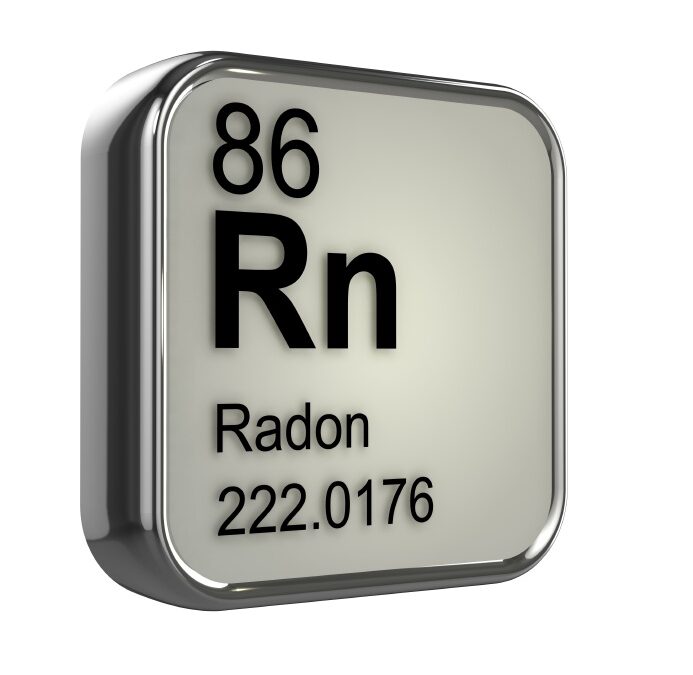Radon gas is the second leading cause of lung cancer in the United States. This gas is odorless and colorless, making it impossible to detect without a test. Radon can build to unsafe levels inside your home and put your family’s health at risk. Here are a few things to know about radon in the home.
Where Does Radon Come From?
Rocks and soil contain naturally-occurring radioactive elements like uranium and thorium. When these elements break down underground, they produce radon gas as a byproduct. Radon seeps up through the earth and enters your home through cracks and gaps in the foundation. Over time, the gas can accumulate to dangerous levels, affecting the health of you and your family.
A Well-Sealed Home Affects Levels of Radon
Boosting energy efficiency helps you save money on utilities and many new homes are built with this in mind. However, these homes may also have higher radon levels because a well-sealed home limits air circulation between the outdoors and the inside. This means that the gas becomes more easily trapped indoors. If you live in a newer home or have been taking steps to improve energy efficiency, it’s especially important to order a radon test.
Schedule a Professional Test for Radon in the Home
The only way to detect radon gas is through testing. Though you can purchase a DIY kit online, it is best to hire a professional to perform the test. Many factors influence the test results and this can lead to user error. A trained radon expert knows how to conduct testing and will deliver accurate results. Though a professional test costs more, it is well worth it to protect your family’s health.
Radon is Everywhere
The Environmental Protection Agency has created a map of predicted radon levels throughout the U.S. You can use this resource to help you determine whether your home is at a higher risk, however, it won’t tell you the radon levels of your residence. Any home is susceptible to radon gas. A test will determine if your home has radon, and what the levels are.
Whether it’s the home you live in or a new house you are planning to buy, order a radon test. Radon professionals will also provide information about mitigation tactics to reduce radon levels if they’re too high.
Central Carolina Carolina Inspections offers home inspection services, including radon testing, to customers in Central North Carolina. Contact us to schedule an appointment.


Recent Comments